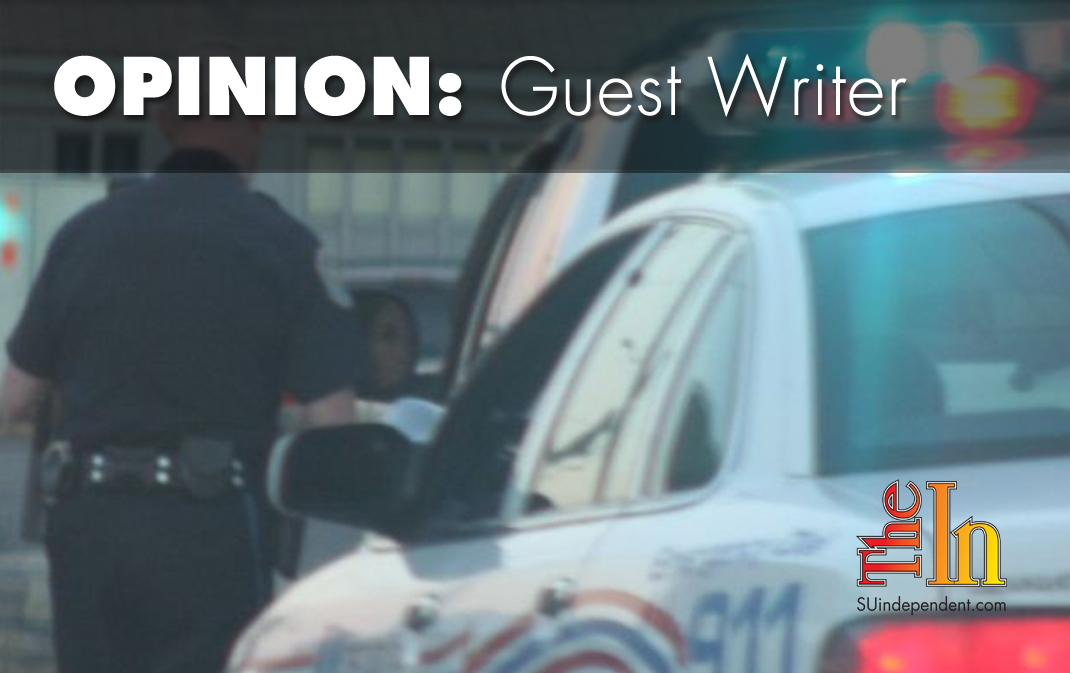 The trouble with roadside saliva tests
The trouble with roadside saliva tests
By Chloé White
In the wake of marijuana legalization, many states are looking for new ways to keep impaired drivers off the road. Unfortunately, some proposals would lead to problematic and possibly unconstitutional police practices. One such idea is warrantless roadside saliva tests.
During a roadside saliva test, a police officer takes a saliva sample from a driver’s mouth and inserts the sample into a machine that, at least theoretically, can detect whether any amount of certain controlled substances — legal or illegal — is in the driver’s system.
Yuck factor aside, there are several problems with this.
First, at best, these tests merely detect the presence of drugs in a person’s system. Unlike breathalyzers, they say nothing about actual impairment at the time of testing. As such, the use of saliva tests could result in the detention of someone who has any detectable amount of substance in their body — again, legal or illegal — even though this adds nothing to the determination of whether that person is an impaired driver.
Second, these tests pose serious due process and equal protection concerns. Roadside stops are considered seizures under the Fourth Amendment, and many factors contribute to whether or not a given seizure is legitimate. Because these warrantless tests will be positive for commonly prescribed medications such as anti-depressants and pain management medicines, they will undoubtedly result in longer seizures and interrogations of drivers with disabilities who lawfully take the tested-for, doctor-prescribed medicines than those who do not.
This is the essence of disparate and unequal treatment — people with any presence of those particular drugs in their system are always going to be seized for a longer time, no matter their actual impairment. And from a racial justice standpoint in a country where people of color are disproportionately stopped and searched by police, we can expect that they will also be subjected to this test more frequently than white drivers.
Saliva testing also raises substantial issues regarding personal dignity and privacy. Roadside saliva tests are much more invasive of privacy and bodily integrity than breathalyzer tests due to the physical removal of oral fluids and DNA. People’s privacy should not be invaded by a warrantless test that has no relation to actual impairment and road safety.
Finally — and perhaps most importantly — according to the National Highway Traffic Safety Administration, it has not yet been clearly established that saliva test devices are even accurate or reliable. States should not rely on or invest money in technology that has not been absolutely proven to be accurate, especially when they jeopardize some of our most fundamental liberties.
Early indications are that at least some lawmakers are aware of the problems with roadside saliva testing. Senators in Vermont recently defeated a bill that would have allowed police to conduct these warrantless oral fluid tests. Other states, however, are beginning or considering pilot programs of these tests on their roads and highways, including California, Michigan, Colorado, Kansas, and Illinois.
Improving road safety is an important goal, but these warrantless tests do nothing to advance that goal while creating multiple civil liberties concerns. Drivers should not have to sacrifice their constitutional and civil rights for roadside saliva tests that are invasive, ineffective, and unreliable.
And let’s face it, it’s also pretty gross.
Chloé White is the policy director of the ACLU of Vermont.
Articles related to “The trouble with roadside saliva tests”
The real facts about cannabis, part three: Debunking the pseudoscience



